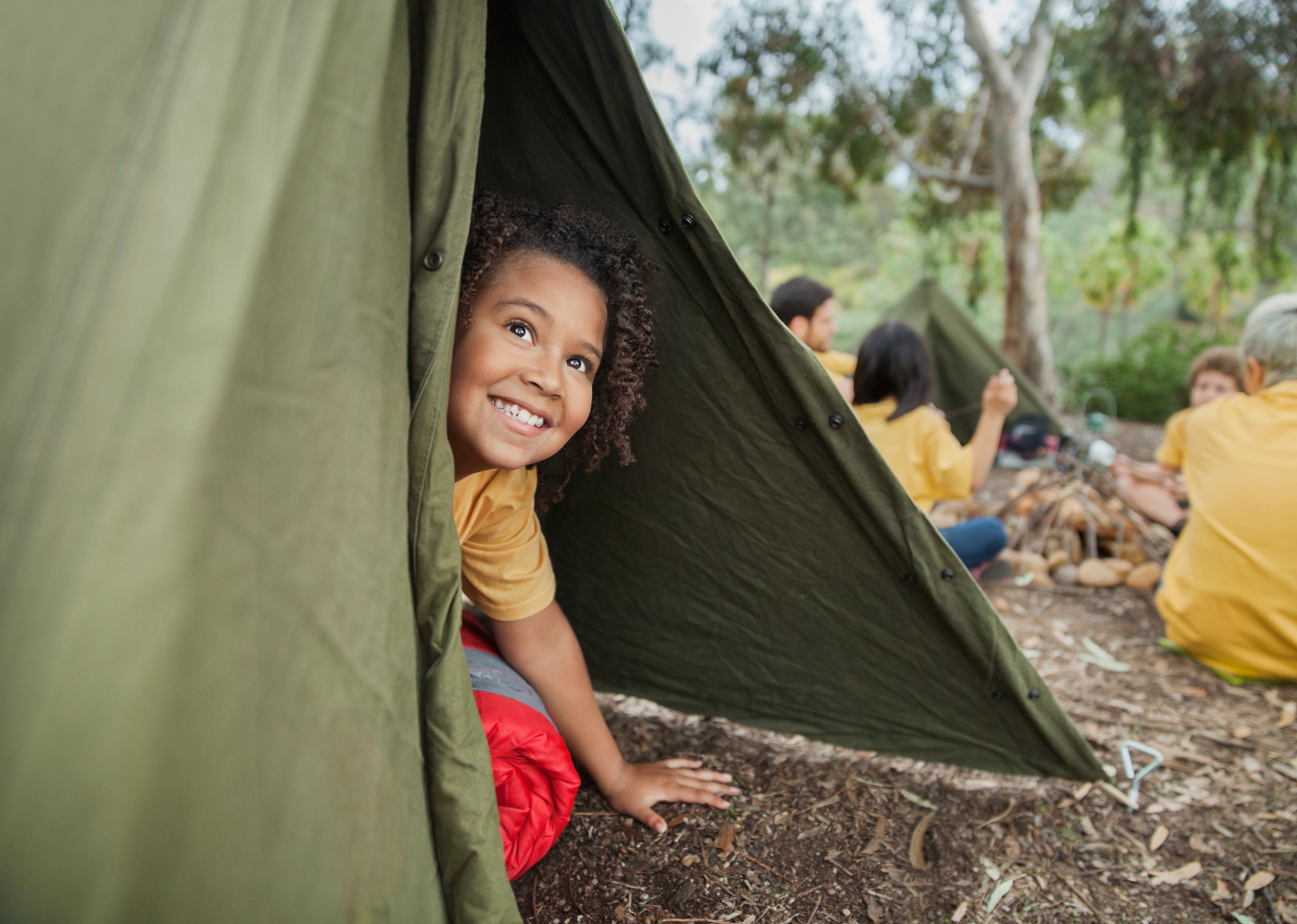
If you’re not already thinking about summer activities for your kids, you should be. Spring is in full swing, which means it’s time to start making summer camp arrangements for your little ones before the deadlines pass. But choosing a camp for your kids brings many questions to mind: Should you chose an overnight camp? What should the focus be? And, how will you know it’s the best option for your kid?
We caught up with Daniel Hammond, director of Pali Adventures, an overnight camp program based in California that features 22 highly unique summer camp experiencs – from flying trapeze to hollywood stunts, rock star academy, girl empowerment, dance, street art, weird science and much more! – to help answer some of your burning summer camp questions. Whether you’re opting for a day camp or an overnight eight-week stint, these answers will get you going on the road to help you ensure your children have lasting camp memories this summer.
What are the top three things parents should consider when choosing a summer camp?
Accreditation. Narrow your search immediately by choosing a camp that is accredited by the American Camp Association. This is absolutely essential—even if this is the ONLY step you take, you can rest assured that your camper will be in a safe place. The ACA Standards provide a benchmark of over 250 rules, guidelines and regulations primarily focused on the health and safety of your child, to provide them with the best possible summer camp experience.
Camp Focus and Activities. Make sure the camp provides the activities that meet your child’s wants, needs, and interests. Here are some things to think about when reviewing a camp’s website or brochures: 1. Is your child interested in a specific activity, and does the camp provide it? 2. Does the camp provide free choice of activities, or are they cabin based? 3. Are certain activities mandatory? 4. Does the camp offer a wide range and variety of activities or a narrow specialty program?
Camp Specifics. Take the next step in narrowing down your search by taking into consideration: session dates, cost of the programs, location, and special needs.
What time of the year is best time to book camp?
Now! The best summer camps fill up early so getting your summer camp spot secured should be a priority for parents this spring.
What the average cost of a summer camp?
Summer camps vary widely in terms of cost based on geographic location, amenities, session length, program components. It is important to know the full cost of the program before committing, being sure to understand additional fees, travel related costs, and what programming may incur additional charges.
What is a good staff to camper ratio?
Hammond: The best camper to staff ratios are 5 to 1 or less. You want your child to be well supervised and supported and the lower the ratio, the more you can rest assured that your child will be fully engaged in the activities and someone will notice if they are not.
What are a few important questions you should ask?
In terms of staffing—What percentage of returning staff does the camp have? What is the average age of the staff? How long is the staff training? What is covered in staff training? How do I know that my child is being cared for in the cabin? Where do the staff members come from? Who conducts the interviews? In terms of campers—What percentage of campers return each year? What type of camper attends the camp? Why do campers choose this camp? What is the policy on bullying? What is the average age of the campers? How many campers of my child’s age will there be? When do girls and boys interact? In terms of programing—What are the sleeping arrangements? What toilet and shower facilities exist? How does the camp insure the safety and security of its campers? Is the camp a gated community? What do the campers do during inclement weather? Does the camp have a pool? Pond? Lake? Are there waiting lists for some activities? How exactly does the program work? What is a typical day? In terms of parental concern— What medical staff does the camp have on-site? Who can I call to check on my child? When are the phones at camp answered? What happens in an emergency? Can I send or receive emails from my child? Is my child allowed to call me? Do you post photos during my child’s stay?
When should parents consider sleep away camp?
As soon as your child is ready for an overnight camp (usually a full year before YOU are ready to send them), it is time to let them attend. A residential summer camp provides children an incredibly full camp experience. The soft skills learned while being away from home at a young age will travel with the child throughout his or her life. The independence gained will help carry a child through difficult adolescent experiences. Experienced overnight campers also have an easier time during the first year of college than students taking this giant step in life without the experience of leaving home and the creature comforts and safety it provides.
What’s the best way to find a “cool” camp?
Investigate. Once you’ve narrowed it down to just a few camps that meet all your criteria, really research them.
Visit the camp. This is the absolute best way to find out what a camp is all about. Most camps have open houses in the spring, or are happy to give you a site tour at your convenience. Ideally, visit the year before you are thinking of sending your child to camp.
Ask Around. Is there anyone in your area who has been a camper there? If not, can you find any testimonials from past campers on the website or reviews elsewhere online?







